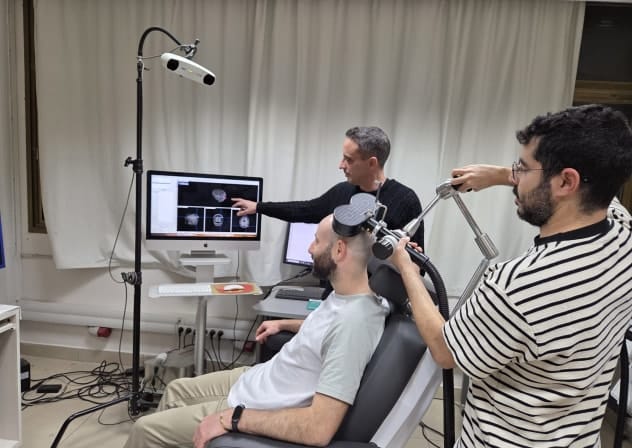Is chicken breast really healthier than thigh? The surprising answer
The nutritional differences between chicken breast and thigh are smaller than commonly thought, but they do affect satiety, energy, weight loss, and long-term health. So which is better?













